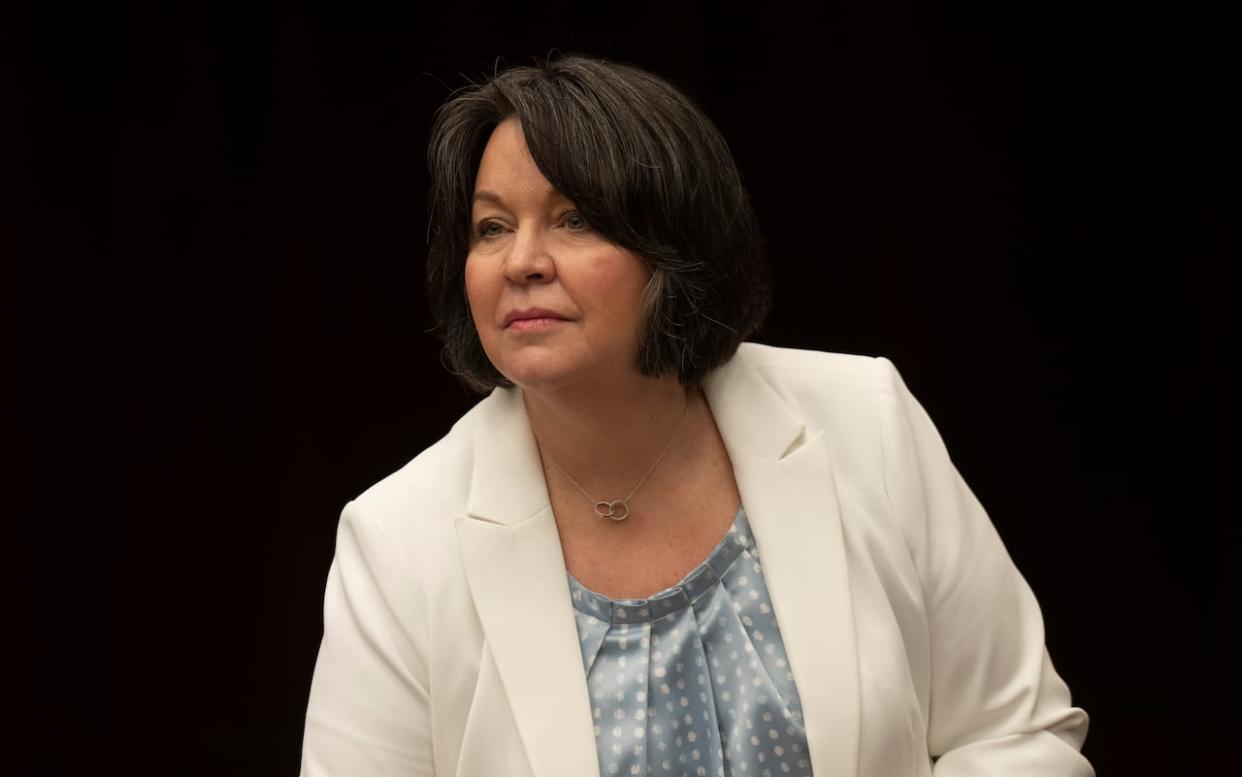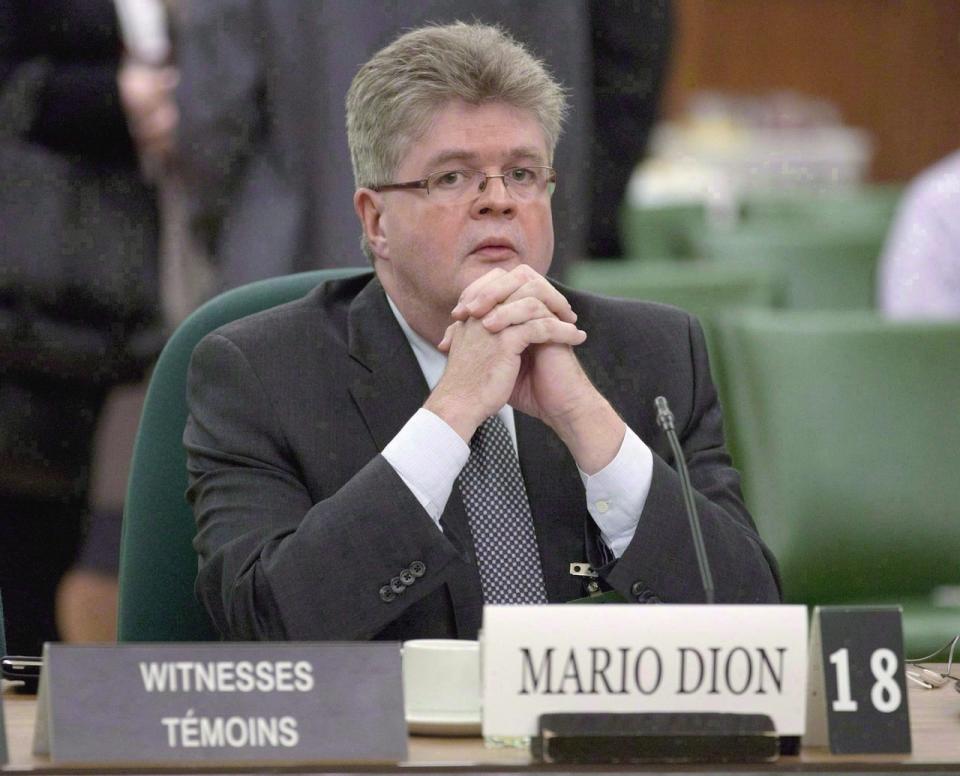Lavish trip for group of Conservative MPs in ethics spotlight

A pricey trip for a group of Conservative MPs sponsored by an interest group and a Hungarian think-tank could soon come under the microscope by the House of Commons ethics committee.
NDP ethics critic Matthew Green served notice Monday that he will introduce a motion for the committee to take a closer look at a trip to London last June sponsored by Canadians for Affordable Energy and the Danube Institute. The trip, billed as an opportunity to discuss energy policy, included thousands of dollars in flights, hotels and ground transportation as well as a dinner at the Guinea Grill in London's Mayfair district with $600 bottles of champagne that rung in at an estimated $6,262.
Conservative MPs Steven Ellis, Philip Lawrence, Rosemarie Falk and Shannon Stubbs were sponsored by Canadians for Affordable Energy. Conservative MP John Williamson, who founded that group, which is now run by former Liberal MP Dan McTeague, was sponsored by the Danube Institute. Details of the trip were first reported by iPolitics.
Under the House of Commons rules, members of Parliament are allowed to accept sponsored travel but must disclose travel that they accept and file a report that includes details about the trip.
Meanwhile, Conservative MP Michael Barrett gave notice that he will move that the committee also hold hearings into whether the government thwarted the RCMP's attempt to look into SNC-Lavalin affair by refusing to release cabinet documents needed for its investigation.
Monday, the question of sponsored travel for MPs dominated the ethics committee meeting as it heard from officers of Parliament: Lobbying Commissioner Nancy Bélanger, Information Commissioner Caroline Maynard, former ethics commissioner Mario Dion and interim Ethics Commissioner Konrad von Finckenstein.

Former ethics commissioner Mario Dion says there is nothing in the ethics rules that prohibit MPs from accepting travel sponsored by groups. (Mario Dion/The Canadian Press)
Bélanger recently oversaw an update to the code of conduct for lobbyists, which caps the size of gifts that lobby groups can offer MPs to $40 with an annual limit of $200 — which would prevent a group registered to lobby the government from offering an MP a trip that could be worth thousands of dollars.
In response to a question from Liberal MP Pam Damoff, Bélanger said sponsored travel has been a concern for a long time.
"When I became commissioner of lobbying, it concerned me that lobbyists, who are expecting something from people that they lobby, can offer travel worth thousands of dollars and then come back and call you to lobby you for something specific…. It certainly creates a sense of obligation that in my view is not acceptable," she said.
Bélanger said trips should be subject to an acceptability test.
However, Bélanger pointed out that the rules in the lobbying code of conduct don't apply to trips paid for by a group that isn't registered to lobby the government.
Dion said there is nothing in the ethics rules that prohibit MPs from accepting travel.
"Sponsored travel is perfectly acceptable under the code, that's what Parliament decided several years ago," Dion told the committee. "So any criticism of sponsored travel is a waste of time because it is said to be perfectly acceptable in the code governing the conduct of MPs."
Dion said MPs have to report trips to the ethics commissioner's office but they often take a while to do that.
"The office only gets notified about sponsored travel way after the fact," he said. "Normally, we aren't consulted. We learn months and months after the trip has been completed and we basically publish what was declared to us. We have no role in judging or saying anything about sponsored travel."
Von Finckenstein, who said he was unaware of the London trip, earlier told the committee he has decided to harmonize the ethics reporting rules with those of the lobbying code of conduct and set the same thresholds of $40 per gift and an annual maximum of $200.
"It makes no sense to have different numbers in different regimes," he told MPs.
Von Finckenstein said he has also decided not to apply the post-employment cooling off period for public servants who leave one government department then return to do work for another department.


